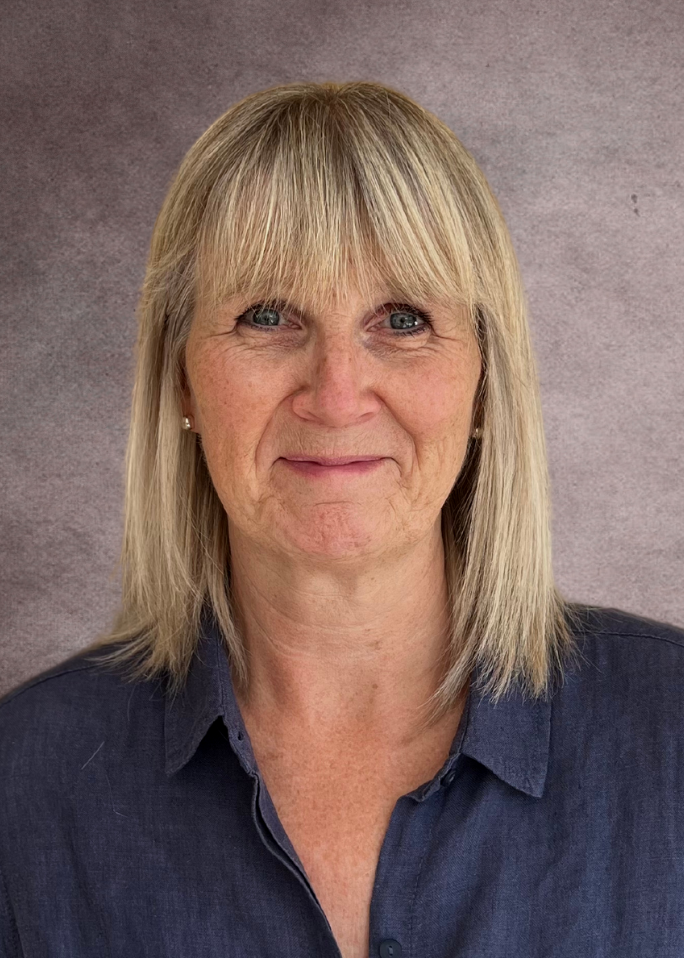Rural facilities have options to address staffing shortages
Every sector of the health care industry is currently facing staffing challenges including rising costs, workforce shortages, turnover, and competition in recruiting for health care professionals.
However, some of the challenges for rural health care organizations are unique, and they deserve solutions that are designed specifically for them. International staffing services are tailor-made for rural health care organizations that need help with permanent staff recruitment and placement.
It’s often hard to recruit people to live and work in rural areas, which may create additional stress on rural hospital leaders looking to fill staff vacancies. Once someone starts working for a hospital, they want to keep them for the long term.
While hospitals and other health care organizations have more options available than ever, a model based on hiring international nurses to fill permanent roles is one that rural health care organizations may not have considered. It can sharply reduce the need to constantly recruit temporary health care professionals while trying to find and keep permanent staff to fill vacancies.
Challenges facing rural health organizations
Like any hospital in America, rural health organizations are focused on meeting the needs of their community by providing quality care on demand.
While staffing shortages are a longstanding challenge, the COVID-19 pandemic, retirements, and clinicians leaving the industry have exacerbated the problem. According to a 2024 national health care retention and RN staffing report by NSI Nursing Solutions, the average cost to replace a registered nurse can range from $45,100 to $67,500, with the average time to recruit ranging between 59 to 109 days. That’s costly for any organization, let alone rural facilities with smaller budgets.
Some of the ongoing challenges for rural facilities include:
Fewer physicians and nurses per capita: Rural health organizations are already at a disadvantage, given that they have fewer clinicians per capita than their urban counterparts. Fewer physicians, nurses, and allied health professionals make it harder for patients to access the care they need in a timely manner.
Sicker patients: Patients in rural areas also tend to be older and sicker, according to the Centers for Disease Control and Prevention. People living in rural areas tend to have higher rates of obesity, high blood pressure, and smoking. The cost to care for patients with complex needs may even exceed the costs that urban facilities face, and rural residents often lack health insurance coverage.
Recruitment challenges: Rural organizations struggle to recruit and retain enough health care professionals to meet the needs of their patient populations. These organizations constantly work to fill critical gaps, trying solutions like float pools and temporary staffing that provide some relief. They may have limited recruitment capabilities or resources to allow them to compete with larger organizations.
There may be another way forward for rural hospitals, which is to consider hiring international staff for their permanent needs.
 |
What to look for when considering international staffing
Health care organizations may not have the knowledge or resources to learn the ins and outs of international recruitment. This is where hiring an international staffing agency can be helpful. Below are some factors that rural hospitals should consider when looking for an agency:
Experience: Consider the agency’s depth of experience and record of accomplishments. Ask them to share information about their clients, hiring process, and how they ensure the clinicians are prepared to work at a rural facility. Ask if they have legal and immigration experts who can navigate the visa application and approval process. Do they have dedicated resources to source candidates based on your specific needs?
Transparency: The best agencies are transparent throughout the entire recruitment and placement process. Ask the organization to walk you through the process in detail. At what stages will they update you? Will they be forthright in sharing any hiccups along the way? How will they guide you to address any unforeseen challenges?
Value: Ideally, you want to work with an organization that fits your budget and provides excellent value. Ask about the payment model so you know what you are expected to pay for services and when. Two common options with agencies are the direct hire model and the agency sponsorship model. With direct hire, the hospital becomes both sponsor and employer for international clinicians, while with sponsorship, the agency sponsors the employee and remains the employer. Be sure to ask questions about what each means when it comes to the long-term costs you will pay.
Quality of health care professionals: Your organization needs well-prepared clinicians who are committed to providing top-notch patient care. When you talk to an agency, ask about the skills and experience levels of the clinicians they have recently recruited and placed. Find one that demonstrates a history of recruiting nurses from abroad who are self-motivated, experienced, and eager to work in the U.S.
Tips for addressing the retention challenge
Because retention is an ongoing challenge, rural health care organizations must be intentional about hiring clinical staff and also making them feel at home.
Consider working with an agency that helps clinicians get settled in their new communities when they arrive. The key is going the extra mile to make them feel welcome and appreciated. Here are areas to explore when considering which agency to work with:
- Do they provide logistics assistance, such as meeting the clinician when they arrive in the U.S.? Do they help in locating a safe, comfortable place for the clinician to live? Do they help with enrolling the clinician’s children in school, obtaining a driver’s license, getting their Social Security card, or figuring out transportation in their new community?
- Does the agency employ knowledgeable specialists in key areas, such as credentials, immigration, and relocation?
- Does the agency have a knowledgeable legal team available throughout the process to assist both the clinician and employer as needed?
- Does the agency provide your facility with ways to help the clinician feel welcome? Do they connect them with other staff from their home country when possible?
- Does the agency offer ways to help international clinicians and their families connect with the local community?
This kind of partnership can be crucial to helping international staff feel more at home and ensures they are more likely to put down roots. After all, you want clinicians to become a permanent part of your team.
It may take a little longer to get the candidate here, but with the right international agency, you will get clinicians who are more likely to stay longer. The nurse or tech you hire will feel like a valued, official part of your team because they are an official part of your team. They will build a relationship with your hospital, their colleagues, and their new community, and those relationships will enhance the likelihood that they will stay with you for the long term.
NRHA adapted the above piece from TRS Healthcare, a trusted NRHA partner, for publication within the Association’s Rural Health Voices blog.
 | About the author: Lisa Taylor has more than 30 years of experience in the international recruitment and retention of health care professionals, having served agencies in both the U.K. and the U.S. She founded her own company in 1994 and most recently led CareerKnacks before partnering with TRS Managed Services & International. Taylor is dedicated to bridging the gap between hospitals and skilled health care professionals from across the globe. |
